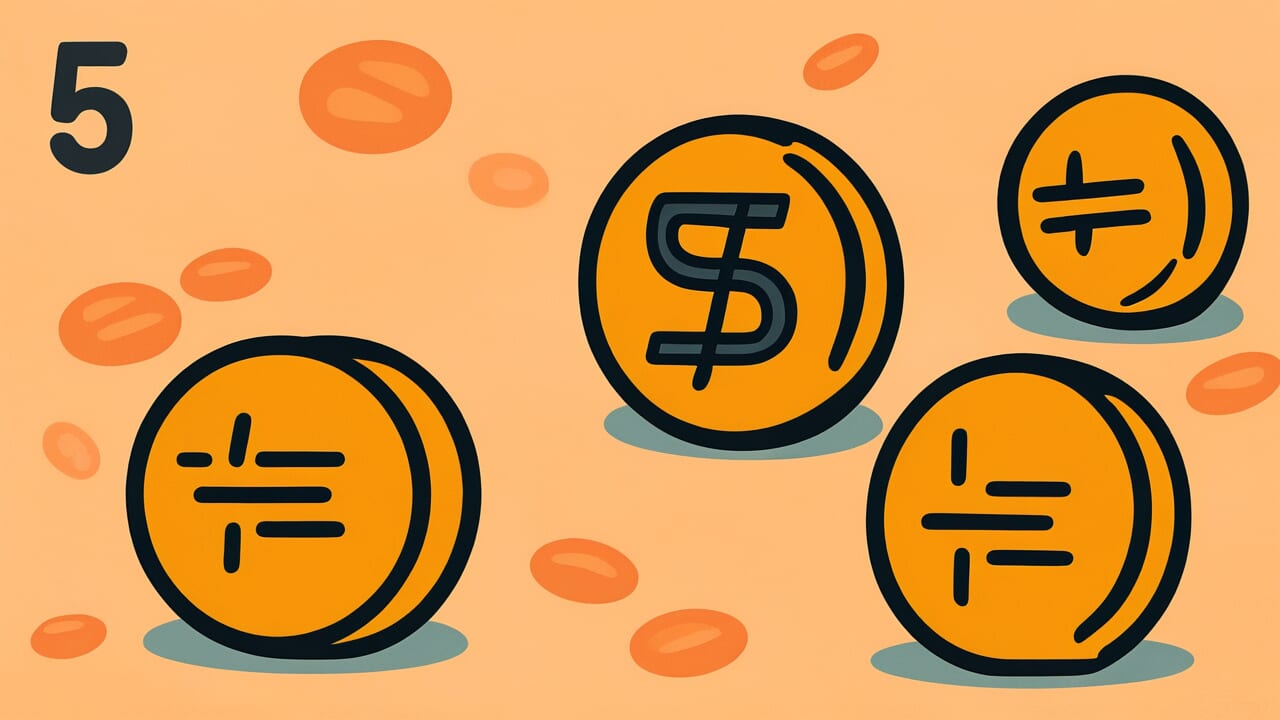How to Read “Advice is worth three ryō, patience is worth five ryō”
Iken sanryō, kannin goryō
Meaning of “Advice is worth three ryō, patience is worth five ryō”
This proverb teaches that while speaking your mind has value, patience is worth even more. In relationships, expressing your thoughts is certainly necessary. But showing consideration for others and holding back what you want to say has greater value.
People use this proverb especially when trouble might arise in relationships or when emotions run high. You might have something to say, but speaking up could damage the relationship. At such times, this saying reminds us how important it is to step back and be patient.
This lesson still applies today in workplace relationships and family interactions. In an age that values self-expression, reconsidering the worth of patience becomes key to building smooth relationships.
Origin and Etymology
No clear written records explain this proverb’s origin, but it became known as a lesson spread among common people during the Edo period. The interesting part is how it uses specific amounts: “three ryō” and “five ryō.”
During the Edo period, one ryō was worth about 100,000 yen in today’s money. Three ryō would be about 300,000 yen, and five ryō about 500,000 yen. This proverb makes a very concrete comparison: “Giving advice is worth 300,000 yen, but patience is worth even more at 500,000 yen.”
Why did this money comparison emerge? In Edo period townspeople society, harmony in relationships mattered above all else. Life in shared housing and business trust relationships meant connections with others formed the foundation of life.
Speaking your mind was important, but showing consideration for others and controlling your emotions held even greater value. This way of thinking took root as common people’s life wisdom. By using easy-to-understand money amounts, this lesson touched many hearts and was passed down through generations.
Usage Examples
- I got angry at my subordinate’s mistake, but I remembered “Advice is worth three ryō, patience is worth five ryō” and calmly listened to their explanation
- My mother-in-law’s nagging irritates me, but I tell myself “Advice is worth three ryō, patience is worth five ryō”
Universal Wisdom
Everyone has a desire to assert their thoughts and be recognized. Especially when you believe you’re right, you feel the urge to point out someone else’s mistake. This proverb has been passed down for hundreds of years because it touches a deep truth about human relationships.
Speaking your mind certainly takes courage. But what’s even harder is swallowing what you want to say. This requires the power to face your emotions and control yourself. Suppressing strong feelings like anger, frustration, or a sense of justice is truly a battle with yourself.
Our ancestors knew the difficulty and value of this self-control. Speaking your mind might bring temporary satisfaction, but they also understood how much you could lose by doing so. Relationships are hard to repair once broken. Words cannot be taken back.
That’s why they valued patience more highly than giving advice. This is universal truth that speaks to us across time as wisdom for living a long life.
When AI Hears This
When giving advice, emotional energy in the human brain releases in one direction. This resembles “work” in physics. You convert your thoughts into words and transmit them to others. This process is relatively simple, with energy flowing outward in one direction.
Patience involves completely different energy conversion. First, anger generates thermal energy. You must not release this outward but convert it into another form inside your body. In physics, converting energy always causes some to dissipate as heat. This is the second law of thermodynamics.
With patience, suppressing anger’s energy and converting it to reason wastes large amounts of energy. Furthermore, stabilizing an unstable emotional system requires additional energy input from outside.
The ratio of three ryō to five ryō in this proverb—1 to 1.67—is interesting. It shows the rule of experience that emotional suppression needs about 67 percent additional cost beyond just canceling generated energy to return the entire system to stability.
Modern psychology research shows that emotional suppression creates large cognitive load, increasing brain energy consumption 1.5 to 2 times normal levels. Edo period people understood this thermodynamics of emotion through experience.
Lessons for Today
Modern society values self-assertion and self-expression. On social media, everyone can voice their opinions and say what they want. But this makes the proverb’s teaching more important than ever.
When you face unfair treatment at work, clash with family opinions, or feel hurt by a friend’s words, remember these words. Wanting to argue back or throw logic at them is natural. But try taking one breath first. That alone can change the situation dramatically.
Patience doesn’t mean losing or suppressing yourself. It’s the strength to control your emotions in this moment for a bigger goal. You want to value the relationship, to achieve good results long-term. That’s why you choose to swallow your words.
This is mature adult wisdom. It also becomes a shield protecting you.



Comments